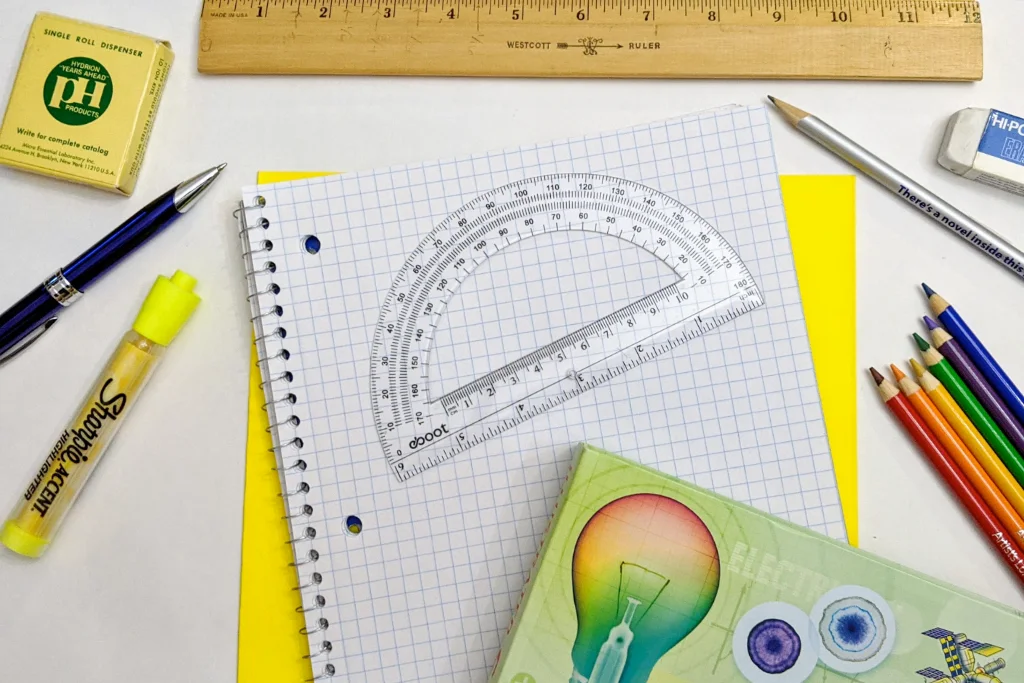Research paper writing is an essential academic skill that involves a systematic approach to investigating a topic, gathering information, and presenting findings in a structured format.
Purpose and Structure
The purpose of a research paper is multifaceted: it demonstrates your knowledge of a specific subject, contributes to the academic community by presenting new insights, and enhances critical thinking and writing skills.
A well-structured research paper typically includes:
- Title page and abstract
- Introduction with thesis statement
- Comprehensive literature review
- Methodology section
- Results and discussion
- Conclusion and references
The Writing Process
The first step is choosing a suitable topic that is both interesting and relevant to your field. Conduct preliminary research to refine your questions and identify key themes. Develop a strong thesis statement as your central argument.
Creating an outline organizes your thoughts and ensures logical flow. Begin drafting your paper, focusing on getting ideas down without perfectionism at this stage.
Research
Outline
Draft
Revise
Revision and Feedback
After completing your first draft, take a break before revising to gain fresh perspective. Check for content clarity, structure, and grammatical accuracy. Seeking feedback from peers or instructors provides valuable insights for improvement.
A well-crafted research paper not only demonstrates academic abilities but also contributes meaningfully to existing knowledge in your field.







